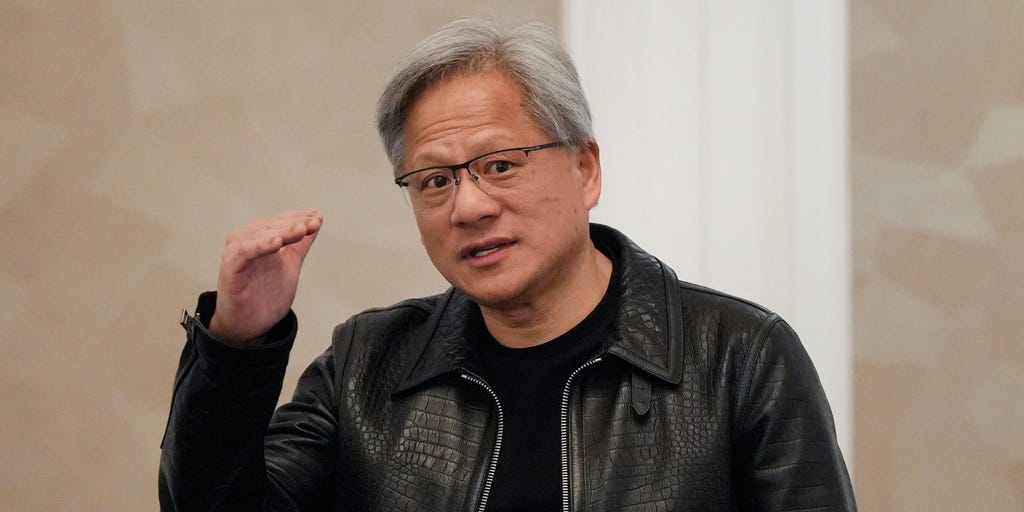- Nvidia boss Jensen Huang told Stanford students that success is earned through suffering.
- The billionaire told students people with high expectations generally have low resilience.
- Huang was bullied when he attended boarding school in the US, but said it taught him resilience.
Nvidia boss Jensen Huang shared some sage words of advice with students at his alma mater, Stanford, and told them if they want to be successful, they’ll have to suffer.
Huang, the cofounder and CEO of the $2.2 trillion chip manufacturing company Nvidia, recently spoke at the Stanford Institute for Economic Policy Research and was asked how young ambitious graduates from the university can improve their chances of success.
“I think one of my great advantages is that I have very low expectations,” Huang, who graduated with a master’s degree from Stanford in 1992 and is now worth around $80 billion, responded.
“Most of the Stanford graduates have very high expectations.”
He explained that “graduating from one of the finest institutions on the planet” would naturally elevate their expectations for their future but that it might hinder their success.
“People with very high expectations have very low resilience, and unfortunately, resilience matters in success,” Huang said. “I don’t know how to teach it to you except for I hope suffering happens to you.
“To this day I use the phrase ‘pain and suffering’ inside our company with great glee.
“I meant that in a happy way because you wanna refine the character of your company. You want greatness out of them, and greatness is not intelligence; greatness comes from character, and character isn’t formed out of smart people. It’s formed out of people who suffered.”
Huang then joked: “For all of you Stanford students, I wish upon you ample doses of pain and suffering.”
Huang certainly faced his fair share of challenges when he was young. He was born in Taiwan in 1963 and later attended a boarding school in Kentucky where he was relentlessly bullied, he told The New Yorker, including being called anti-Asian slurs by other students.
“Back then, there wasn’t a counselor to talk to,” he told The New Yorker. “Back then, you just had to toughen up and move on.”
The billionaire also told Stanford’s Graduate School of Business that he worked many minimum wage jobs including as a dishwasher at Denny’s and even cleaning toilets.





